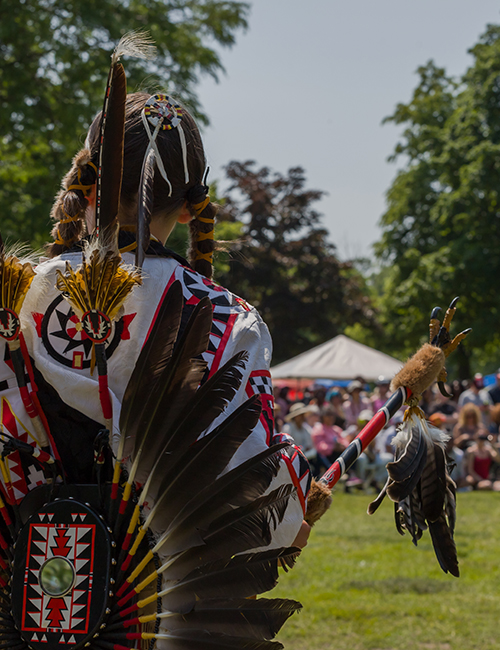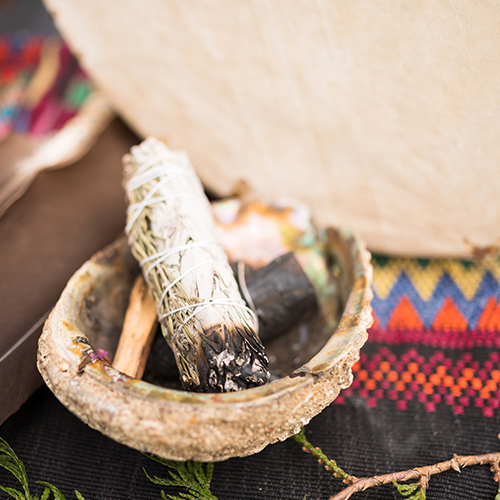More non-Indigenous donors are seeking out opportunities to support Indigenous initiatives across Canada.
For some, this is in an active response to the Truth & Reconciliation Commission, and for others, it is out of pressing needs within a community. Whichever your reason for engaging in Indigenous philanthropy at K&C, our approach is through Trust-Based Philanthropy. We first focus on learning about the communities, cultures and traditions and, through this process, gain an understanding of the issues facing these communities. All of this is done with a mindset to build trusting relationships within those communities before engaging in disbursing capital.
The Karma & Cents Approach to North American Indigenous Grantmaking
Recognizing that there are cultural differences between Indigenous and non-Indigenous philanthropy, as well as between the various Nations and regions within Canada and the United States, K&C has a dedicated Philanthropy Advisor with deep ties into Canada’s Aboriginal and Metis communities. David Turner, leads a Knowledge Keeper’s Circle. These individuals draw upon the Traditional Wisdom of Elders from across Canada to help attract, review and evaluate potential projects. Most importantly, they act as bridge builders between Canadian philanthropists and Indigenous community organizations.
When meeting with potential Indigenous Grantees, we take time to understand their goals and objectives. We focus on learning and engaging the Knowledge Keepers Circle to provide culturally sensitive guidance, support, and advice. By encouraging curiosity and open learning, we bridge the gap between Truth …and… Reconciliation.
This helps build trust and identify opportunities with mutual alignment.
What is a Knowledge Keeper
The term “Knowledge Keeper” or “Traditional Knowledge Keeper” is someone who has been taught by an Elder, or is a senior Knowledge Keeper within their community. This person holds traditional knowledge and teachings. They know how to care for these teachings and when it is and is not appropriate, to share this knowledge with others.
Source: Queen’s University, Office of Indigenous Initiatives, Elders, Knowledge Keepers, and Cultural Advisors

